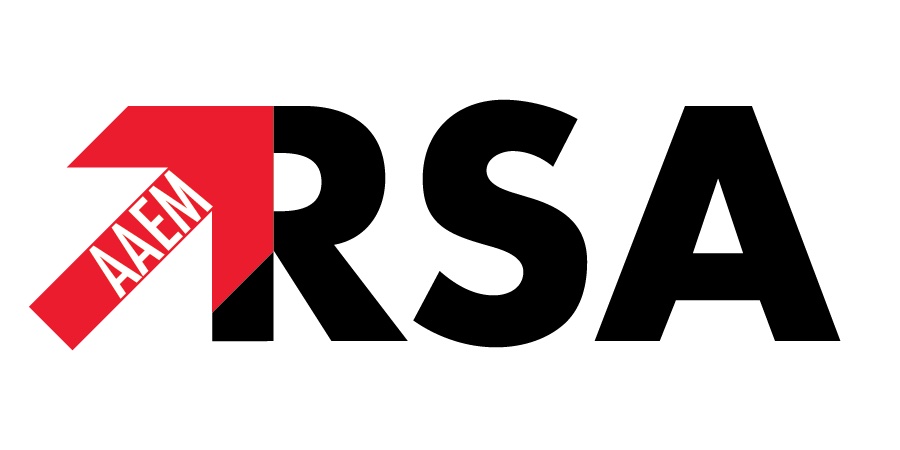Author: Yasmeen Elmelige, MSIV
Morehouse School of Medicine
RSA is proud to share the following essay from one of the 2016-2017 Medical Student Scholarship winners, Yasmeen Elmelige. We felt this essay best exemplified why she is choosing EM as a specialty. Congratulations, Yasmeen!
Lights flashed and sirens blared as we sped through downtown Atlanta, Georgia. We were responding to a call for a “74 year-old sick male.” My heart pounded as I pulled on my gloves, grabbed equipment, and jumped out of the truck. Within minutes of our arrival, the patient’s heart stopped and I was directed to start CPR. Within a minute, I was sweating and my muscles were already exhausted, but all I could think of was “hard and fast, 30 to 2.” Still, no pulse. We loaded him onto the ambulance and raced towards Grady Memorial Hospital where the Emergency Department (ED) staff began pushing medications and trying to resuscitate him. I stood back watching, absorbing everything. “We have a heartbeat,” someone yelled and I sighed in relief. Suddenly I heard “V-fib, begin CPR!” Five minutes later, the attending physician called time of death. I stood frozen, speechless, and numb. One minute he was here, and the next, he was gone. I watched helplessly as the deceased man’s wife received the news of her husband’s death and tears flooded her eyes. I could only imagine how she felt as even I, a first responder with no relation to this man, felt the stinging, heart-wrenching pain of his passing. I knew that her grieving and healing processes were just beginning.
That night with Grady EMS was a night of firsts for me. It was the first time I performed CPR on a real person and the first time I witnessed death. This was a formative moment for me which I will never forget. Watching everyone work together, trying desperately to snatch someone from the jaws of death, I knew that these healthcare providers understood the sanctity of life and I knew I wanted to join them. Ten years later, my passion for emergency medicine has only continued to grow through my rotations.
The ability to be on the front line for people in their most dire times of need is the most fulfilling feeling I have experienced. In the ED, just like on the ambulance, I had a few minutes at most during which I had to build good rapport with my patients, earn their and their family’s trust, explain what is going on in simple terms, and keep everyone calm, all while assessing, stabilizing, and treating the patient. Some of my most memorable moments were when I held a patient’s hand and was able to sit at the bedside, listen to their concerns, and answer their questions. My care, like all care in the ED, was patient-centered; the focus is on the patient and their primary health concern.
As an EMT with a background in cultural and medical anthropology and a commitment to the medically underserved, I have the clinical and social skills to care for the increasingly culturally and linguistically diverse population of the United States. Emergency medicine will give me the opportunity to learn and practice in a challenging environment, integrate my pre-medical training with clinical skills, and treat our most acute and chronically vulnerable populations. A personal interest in policy and public health underlie my commitment to emergency medicine and are important as I apply to residency because I not only wish to provide excellent patient care, but to effect change for medically underserved populations in healthcare and deter rising health disparities that often lead non-emergent patients to the ED. Following residency, I will continue expanding my knowledge and skills by pursuing a fellowship in EMS so that I can contribute to improving our prehospital systems, communications and handoffs in order to improve patient care and patient outcomes.
Leaving the Grady ED that night ten years ago, after providing prehospital care to that critically ill man, I had a tenacious desire to pursue emergency medicine, but I also had many questions. What else could have been done to save that patient? What drugs and tests did the doctor order? Most importantly, “Why did he die?” The patient care I saw that night was truly remarkable and that experience cemented my ambition to become an emergency physician. I know I cannot save every life or ease all pain, but that does not discourage me from trying. My experiences and passion for emergency medicine propel me to excel in residency and beyond.

